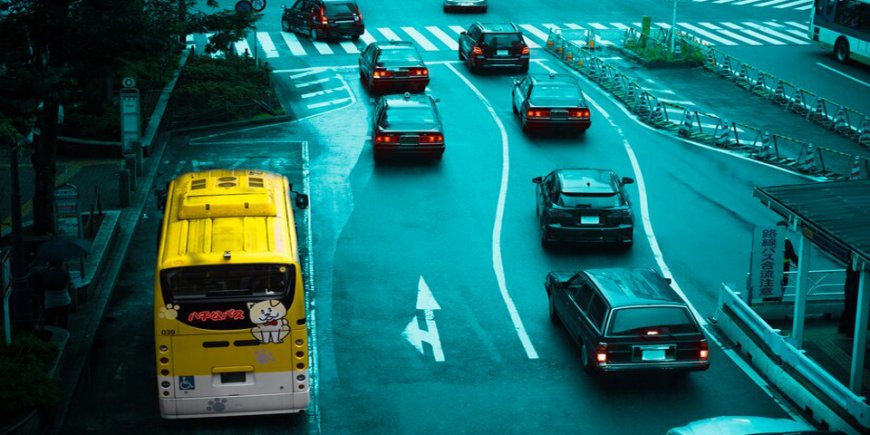The Future of Intelligent Transport Systems and Innovations
Intelligent Transport Systems (ITS) have been at the forefront of revolutionizing the way we commute and transport goods.

As technology continues to advance, the future of ITS promises even more innovations that will enhance safety, efficiency, and sustainability in transportation. In this exploration of the future landscape, we will delve into key developments poised to shape the future of Intelligent Transport Systems.
One of the most anticipated advancements is the widespread adoption of autonomous vehicles. Self-driving cars have been a focal point of research and development for major automotive and technology companies. These vehicles leverage artificial intelligence, machine learning, and advanced sensors to navigate roads without human intervention. The potential benefits are vast, including a reduction in traffic accidents, improved traffic flow, and increased accessibility for individuals who are unable to drive.
The deployment of autonomous vehicles also raises important questions related to safety, regulatory frameworks, and societal acceptance. Striking the right balance between innovation and safety will be crucial for the successful integration of autonomous vehicles into existing transportation systems.
In addition to autonomous vehicles, connected infrastructure will play a pivotal role in shaping the future of transport. Vehicle-to-Everything (V2X) communication, where vehicles communicate with each other and with infrastructure elements such as traffic lights and road signs, will enable real-time data exchange. This connectivity has the potential to enhance traffic management, optimize route planning, and improve overall road safety.
Moreover, the rise of smart cities will further integrate ITS into the urban fabric. Smart traffic management systems will leverage data from various sources, including sensors and cameras, to dynamically adjust traffic signals, manage congestion, and enhance transportation efficiency. This interconnected urban infrastructure will not only benefit private vehicles but also public transportation systems, leading to more sustainable and responsive mobility solutions.
The electrification of transport is another pivotal trend shaping the future of ITS. Electric vehicles (EVs) have gained significant traction due to environmental concerns and advancements in battery technology. As charging infrastructure becomes more widespread and battery range improves, EVs are likely to become the norm rather than the exception. This transition will necessitate updates to existing ITS to accommodate the unique requirements of electric vehicles, such as efficient charging station placement and integration into overall transportation planning.
The integration of artificial intelligence (AI) and machine learning into ITS will also be a game-changer. These technologies will enable more accurate prediction and analysis of traffic patterns, allowing for proactive adjustments to transportation systems. AI-driven algorithms can optimize traffic flow, reduce congestion, and enhance the overall efficiency of transportation networks. Additionally, AI-powered predictive maintenance systems can help prevent breakdowns and minimize disruptions in public transportation services.
Cybersecurity will emerge as a critical concern in the future of ITS. As vehicles and infrastructure become increasingly connected, the potential for cyber threats also grows. Ensuring the security of communication networks, vehicle systems, and data exchange platforms will be paramount to prevent unauthorized access and potential disruptions to transportation systems.
Finally, the future of Intelligent Transport Systems holds tremendous promise, driven by advancements in autonomous vehicles, connected infrastructure, electrification, AI, and cybersecurity. As these technologies converge, they will reshape the way we perceive and experience transportation. The challenge lies in navigating the complex interplay of technological innovation, regulatory frameworks, and societal acceptance to create a transportation ecosystem that is not only intelligent but also safe, efficient, and sustainable. The journey toward this future is undoubtedly exciting, and as developments continue to unfold, the transportation landscape will evolve into a smarter, more interconnected, and sustainable ecosystem.
What's Your Reaction?












































